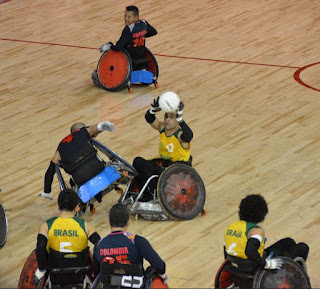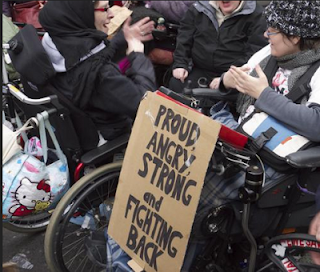ruth bader ginsburg, rest in power

These highlights of Ginsburg's decisions and dissents on the SCOTUS are a joy to read. I used two sources, and decided to keep the overlap. Many highlight the reason she was affectionately known as the Notorious RBG. United States v. Virginia , 1996 In United States v. Virginia, Ginsburg wrote the majority opinion that would serve as a milestone moment for women’s rights and university admission policies. The case challenged a policy by the Virginia Military Institute that barred women from being admitted to the institution. Although the state of Virginia said it would create a separate educational program for women for the military institute, Ginsburg questioned its merits, writing that “Women seeking and fit for a VMI-quality education cannot be offered anything less, under the Commonwealth’s obligation to afford them genuinely equal protection.” “Neither federal nor state government acts compatibly with equal protection when a law or official policy denies t...





